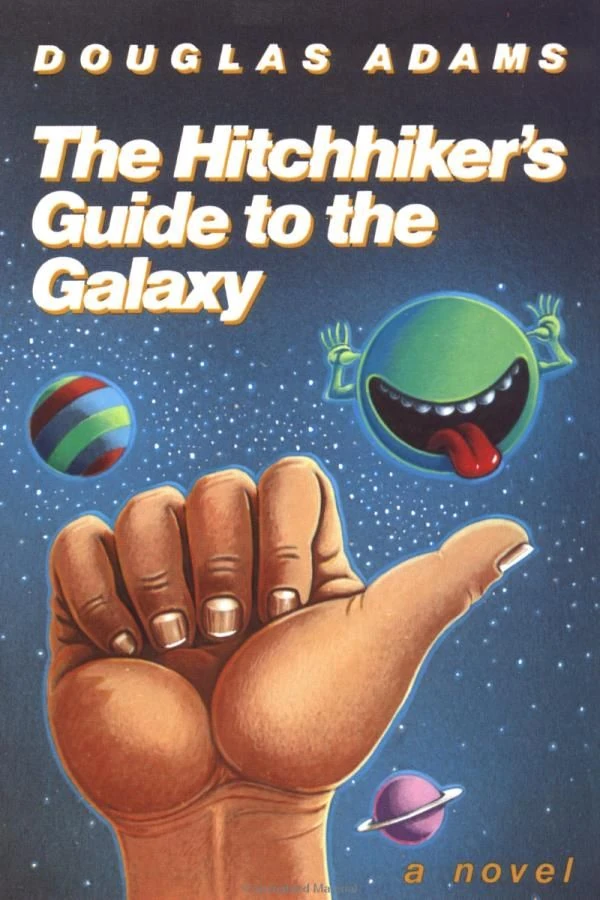
At any rate, the only problem with the WaPo article was inadvertent. It called my SI article "Cover Cognition: My So-Called Near-Death Experience." No one put a sheet over my head, after all. I've been meaning to contact them to tell them about the typo.
The one thing I didn't like about the article was a comment made on it. Perhaps it's that adamant atheism, but this comment by Kathryn Wakeford irked me.
Or perhaps, the relatives knew she wasn't dying.A wag, Chenopod, responded:
And that she needed ice creamThat was funny. My reply was more serious.
I was expected to die. My boyfriend overheard one doctor saying to another that I wasn't a candidate for a lung transplant because they should save it for someone who has a chance. Indeed, I've often said that I was about as close to death as you can get without actually dying.
In my article, I explained that according to the REM intrusion theory, near-death experiences are all a form of dream. I can't get into all the details here, but according to a study, as a lucid dreamer I had significantly increased chance of having an NDE. The reason I didn't see heaven or dead relatives is because I don't believe in life after death. Since I was raised without religion, I instead saw images influence by the '50s sci-fi movies I love and secular childhood influences.I felt affronted at the suggestion that I wasn't really close to death. But her comment wasn't really about me. It was about her need to reaffirm her faith in the afterlife by believing reports of visits to Heaven during near-death experiences.
Perhaps I shouldn't have responded, but I felt like I needed to clarify the situation for others who might feel as she did. I think the other part of her thought process may have been, of course I wasn't dying because I didn't. Talk about circular logic! My dead relative knew that would be the outcome, so they stayed away. That certainly would've been something my living loved ones would've liked to have known when the doctors were telling them to prepare for the worst.
 If I had been a Catholic, I would've received Last Rites. Instead, I heard Hitchhiker's Guide to the Galaxy. Incidentally, Douglas Adams was also funny, frequently profane and adamantly atheistic. Not that I'm comparing myself to him, of course.
If I had been a Catholic, I would've received Last Rites. Instead, I heard Hitchhiker's Guide to the Galaxy. Incidentally, Douglas Adams was also funny, frequently profane and adamantly atheistic. Not that I'm comparing myself to him, of course.I tend to panic.
Oh, and about that wry commentator...my boyfriend Keith often goes by Chenopod online.
Probably a coincidence.





5C910AF412
ReplyDeleteinstagram takipci satin al
chita swivel accent chair